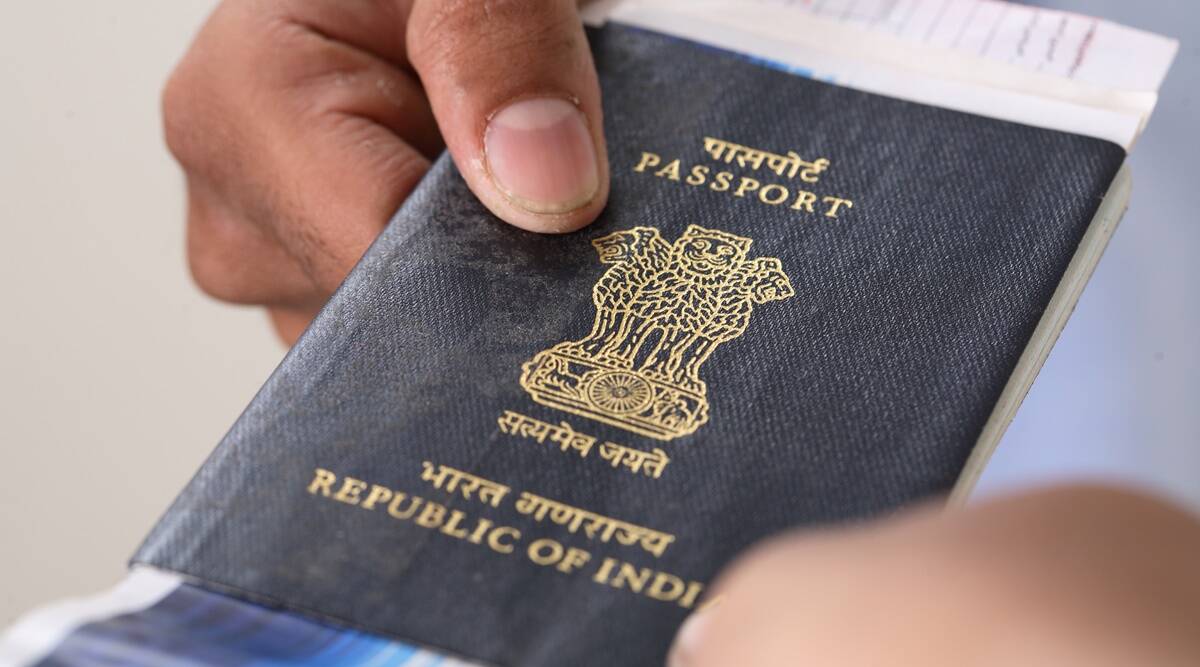Indians Vs Second Passports
The world’s largest diaspora, Indians, are increasingly purchasing multiple or second citizenship to protect their safety and the safety of their family.
Due to their comparatively high standards of living and robust economies, nations like the United States, Canada, Australia, and the United Kingdom have become popular choices for Indian nationals looking to obtain second passports. There is mounting evidence to support the idea that getting a second passport will increase one’s prospects for travel and employment.


For a variety of reasons, including greater educational possibilities, better job prospects, and a more accepting climate in nations with strong political and economic stability, Indian citizens are obtaining second passports.
A second passport can offer advantages including visa-free travel to more than 150 countries, a greater standard of living, better employment chances, and a way out of overly-regulatory home nations.
High net worth Indian investors and individuals who have made a particular amount of money or capital in their own country in recent years have chosen to obtain foreign citizenship or a second passport in order to fulfill their aspirations of living abroad or providing a better life for their families.
The EB-5 Visa Program in the United States, the Golden Visa Program in Portugal, the Citizenship by Investment Program in Grenada, and the Start-up Visa in Canada are just a few of the schemes or programs that are designed to assist Indians in acquiring a second passport or foreign citizenship.There are specific standards and eligibility requirements for each program that must be met.
Indians are purchasing second passports from nations with robust economies and more expansive visa-free travel. In times of political or economic unrest, it might offer a safe exit from their country. Additionally, it is a growing well-liked option to give their family more security, a friendlier environment, and opportunities. Ensuring all eligibility requirements are met as specified in the relevant program is essential for a successful second citizenship purchase.
If a person has previously possessed an Indian passport and acquires a passport from another nation, they must immediately return their Indian passport after acquiring the nationality of that nation. It is necessary to submit an application for a certificate of surrender or renunciation following the renunciation of Indian citizenship. This is the combined result of two laws, the Indian Passport Act and the Indian Citizenship Act, which mandate that an Indian national who becomes a citizen of a foreign country immediately notify the closest Indian mission, pay a citizenship renunciation fee (currently Rs. 7000 or its equivalent in local currency), and simultaneously surrender his last held Indian passport for cancellation and changes to citizenship records. Since October 2009, the Indian government has been implementing these rules more rigorously.However, after the exodus in 2022, close to 12.50 lakh persons are projected to have renounced their Indian citizenship overall over the preceding nine years.



